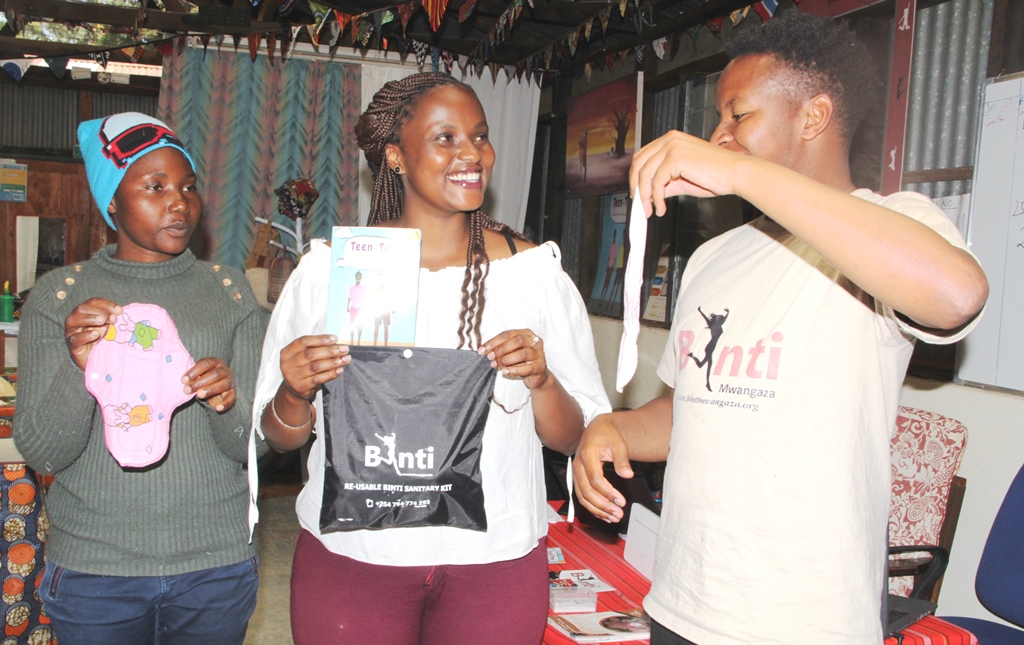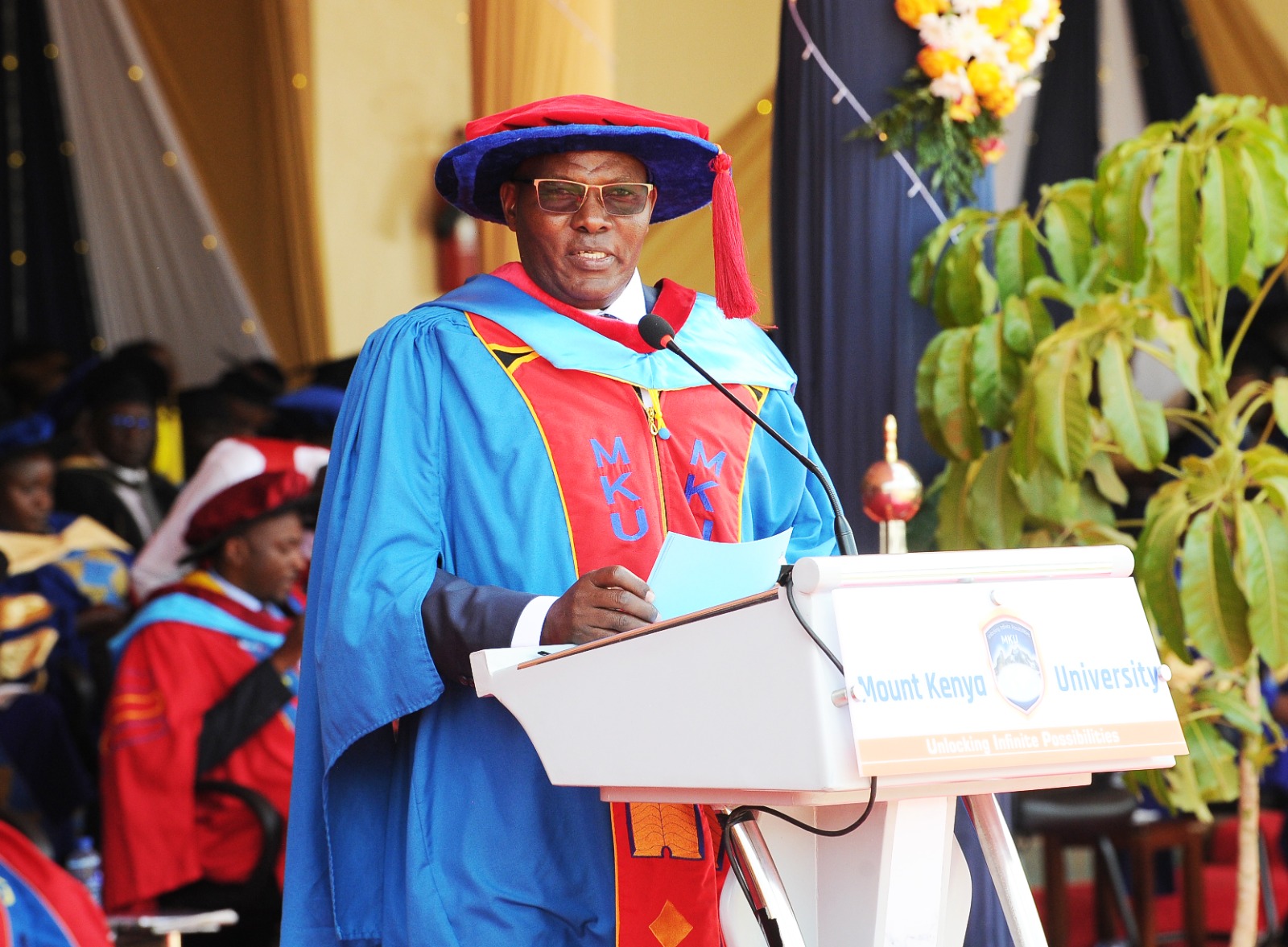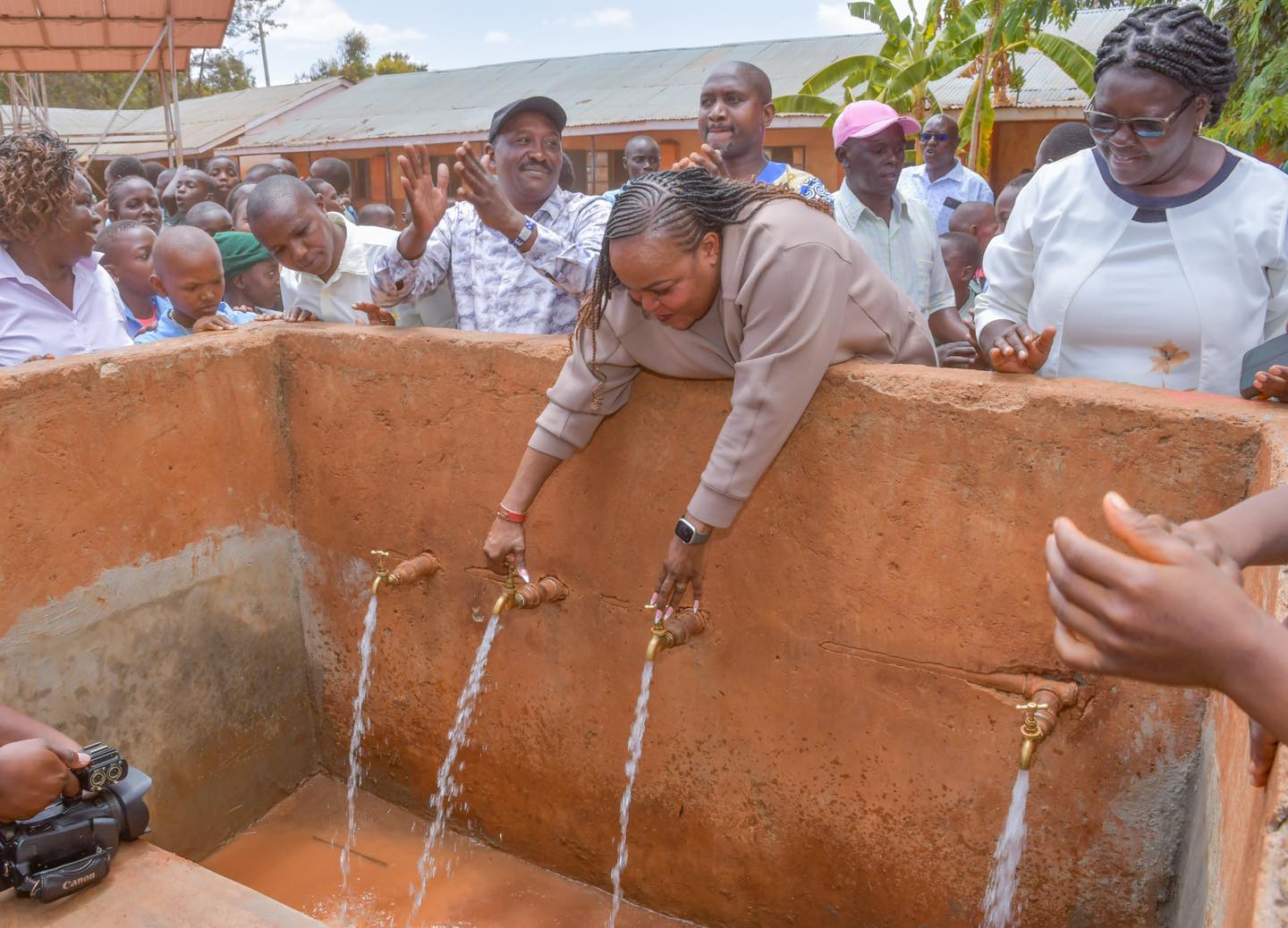Over 5,000 school girls have benefitted from free reusable sanitary pads being produced by Binti Mwangaza, a Community-Based Organization (CBO) in Laikipia.
The CBO Director Ann Muriuki said that she was inspired to start the organization to address period poverty rampant among girls in pastoralist communities in the area, most of whom are unable to afford sanitary pads.
Muriuki said that Binti Mwangaza is championing the revolution in feminine hygiene practices with the ingenious solution that is not only eco-friendly but also ensures that girls do not skip school while going through their periods.
“Binti Mwangaza started in 2012 and works closely with 15 women to sew reusable sanitary pads in our Nanyuki town workshop,” she said.
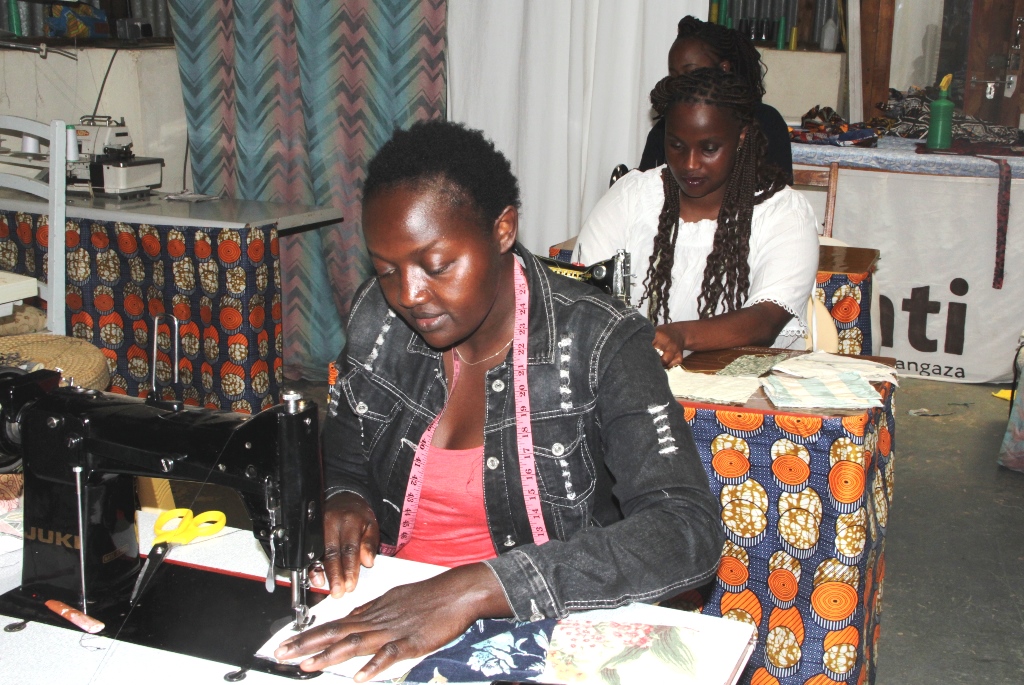
She pointed out that reusable sanitary pads were more durable and affordable compared to disposable ones which are a threat to the environment.
“As we address the issue of menstrual health, we should also come up with a solution that does not contribute to environmental degradation,” she said.
Simon Wachira, a Binti Mwangaza volunteer, said that it was a big relief for vulnerable girls in Laikipia who could not access sanitary towels because the reusable pads can last up to three years.
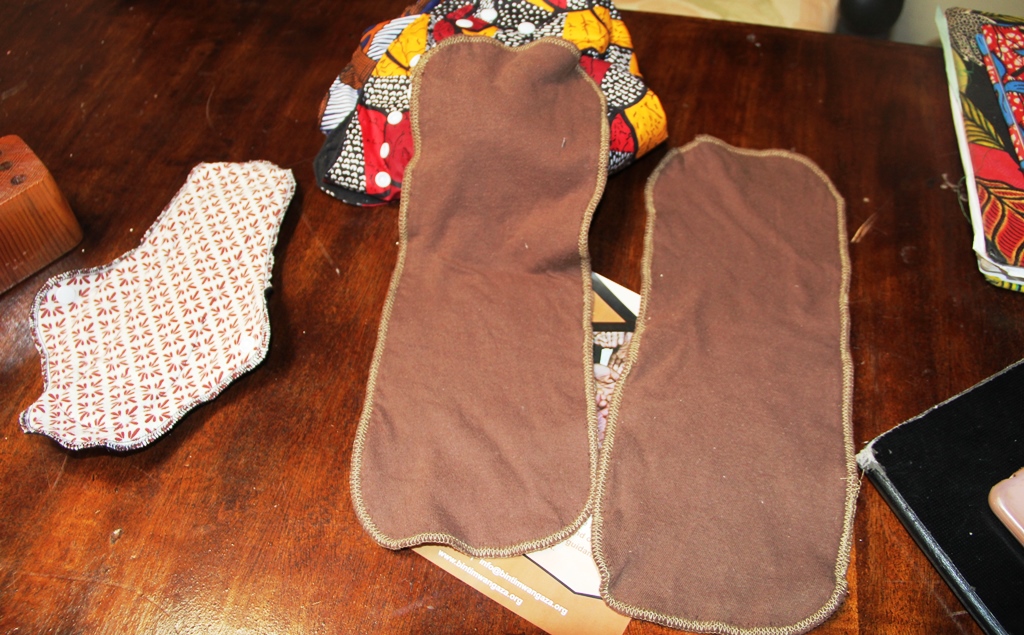
Faith Kendi, a Laikipia resident, said that production of the reusable sanitary towels created job opportunities for the locals amid a harsh economy coupled with unemployment.
“Free menstrual hygiene products will ensure young girls are not taken advantage of by sex predators, which results in early marriages and teenage pregnancy,” she said.
Data from the Women Environmental Network 2021 shows that an average woman uses more than 11,000 disposable menstrual products in her lifetime which equals tonnes of environmental waste.
By Macharia Kiarie
Get more stories from our website: Education News
To write to us or offer feedback, you can reach us at: editor@educationnews.co.ke
You can also follow our social media pages on Twitter: Education News KE and Facebook: Education News Newspaper for timely updates.


